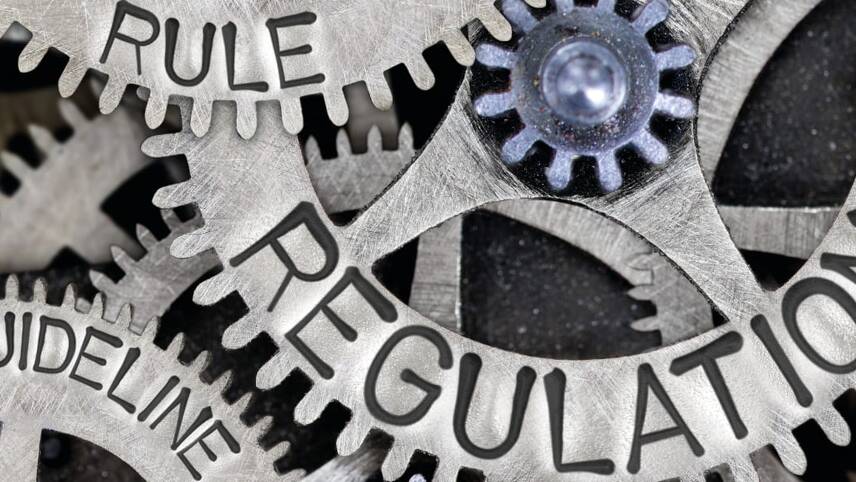You’ve reached your limit!
To continue enjoying Utility Week Innovate, brought to you in association with Utility Week Live or gain unlimited Utility Week site access choose the option that applies to you below:
Register to access Utility Week Innovate
- Get the latest insight on frontline business challenges
- Receive specialist sector newsletters to keep you informed
- Access our Utility Week Innovate content for free
- Join us in bringing collaborative innovation to life at Utility Week Live

Jonathan Brearley has warned that Ofgem is on the lookout for “sharp and unethical practices” by suppliers under strain from rising wholesale gas prices.
In a keynote speech at Energy UK’s annual conference on Thursday morning (7 October), the regulator’s chief executive said Ofgem will be “examining the behaviour of companies impacted by the gas price change”.
He said: “There has been incredible and fantastic work across the industry to manage these changes.
“However, if we do see sharp and unethical practices we will use the full extent of our powers, as will our colleagues in the Insolvency Agency and wider government agencies to tackle this.”
Brearley also signalled that Ofgem, together with the government, is reviewing its regulation of the retail sector to focus on the risks posed by the business models of firms setting up as energy suppliers.
Amidst widespread criticism of the energy regulator for allowing thinly capitalised suppliers to enter the retail market, he said it is necessary to build an energy market “more resilient to shocks like this in the future”.
“This is likely to mean an approach to regulation which is more focussed on the business models that enter and operate in our energy market, and on the risk they carry.”
Ofgem will examine the consequences for the “wider design and implementation” of the price cap as part of this exercise, Brearley added.
In the shorter term, he said the price cap “must adjust” to reflect the recent spike in gas prices because it is designed to reflect the costs faced by suppliers.
But Ofgem is ready to work with government, non-governmental organisations and the industry to mitigate “some of the worst impacts” of future price change, Brearley said.
He pointed out that 50% of Ofgem’s redress fund, raised through enforcement action against poorly behaved companies, will be earmarked to provide emergency credit for customer.
In his keynote speech earlier at the conference, business and energy secretary Kwasi Kwarteng had confirmed proposals floated during the Conservative party conference to decarbonise the electricity grid by 2035.
The Times reported on Monday that the government has adopted the Climate Change Committee’s advice that the UK’s electricity generation should be net zero by the middle of the next decade.
Kwarteng said: “2035 is a fundamental milestone on the journey to net zero. It shifts us away from volatile fossil fuels and turbocharges our use of home-grown technologies. That will create a much more robust system, one where we are less at the mercy of global price issues.
“This brings forward the governments’ commitment to a fully decarbonised power system by 15 years. For the first time, the UK will not be dependent on hydrocarbons coming from overseas. Instead, our homes and businesses will be powered by affordable, clean and secure energy, generated here in the UK.
“Reliance on home grown energy will protect consumers from gas price fluctuations and in the long run will bring down bills.”
Emma Pinchbeck, chief executive of Energy UK, said that the trade body believes that a net zero power system can be achieved by 2035 and there should be no further investment in unabated gas generation.




Please login or Register to leave a comment.